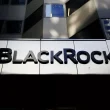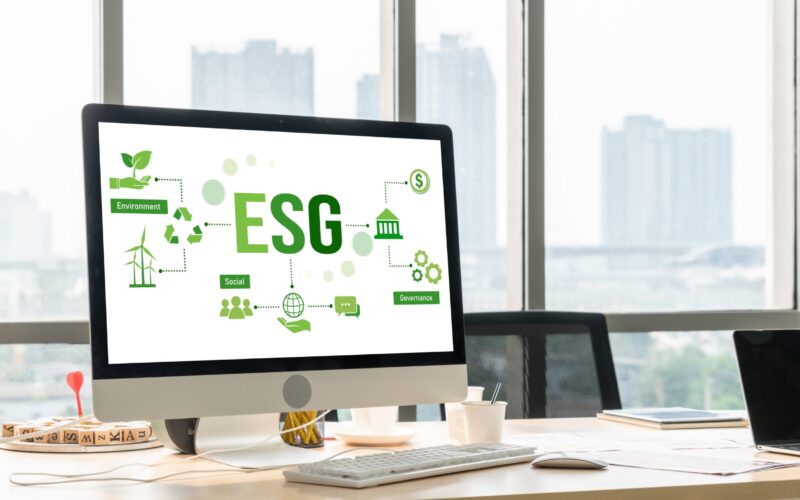A new survey by The Conference Board reveals that significant policy changes and rising backlash are prompting major shifts in how companies approach sustainability.
According to the survey of 125 sustainability executives from large U.S. and multinational firms, 80% report adjusting their ESG strategies in response to the new political climate. The most common shift is in language—52% say they are reframing sustainability messaging, often moving away from the term “ESG.”
Tariffs and trade uncertainties are also proving disruptive. Two-thirds (66%) of executives believe tariffs will hinder progress on sustainability goals, while 45% anticipate delayed investment in sustainable operations.
The backlash against ESG continues to escalate, with 90% of executives expecting it to persist or intensify over the next two years—up from 63% in 2023. Net-zero targets and climate commitments are the primary flashpoints, followed by the use of ESG-related language.
Notably, federal policymakers have overtaken activist groups as the perceived primary source of ESG opposition. This marks a shift from previous years, when pressure was attributed more to advocacy organisations.
Regulatory fragmentation is now the top concern for corporate sustainability strategies, cited by 49% of respondents. Additional challenges include scrutiny of diversity and inclusion initiatives (46%) and environmental regulatory rollbacks (39%).
“Corporate ESG strategies are entering a more fragmented, risk-managed phase,” said Jeff Hoffman, Interim Leader of The Conference Board’s Governance & Sustainability Center. “Firms must now navigate diverging expectations from regulators, investors, employees, and consumers with increased precision.”
The survey was conducted between March and April 2025.





















